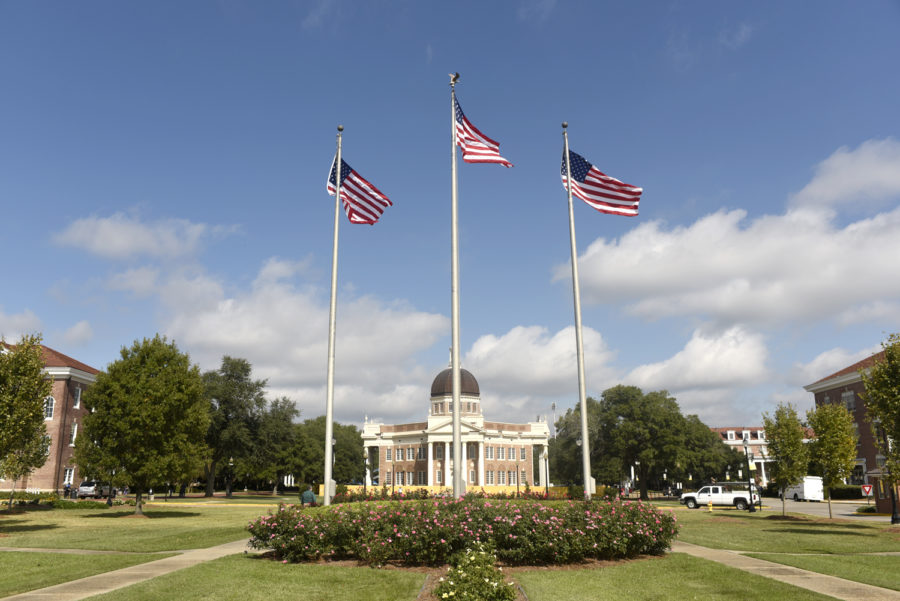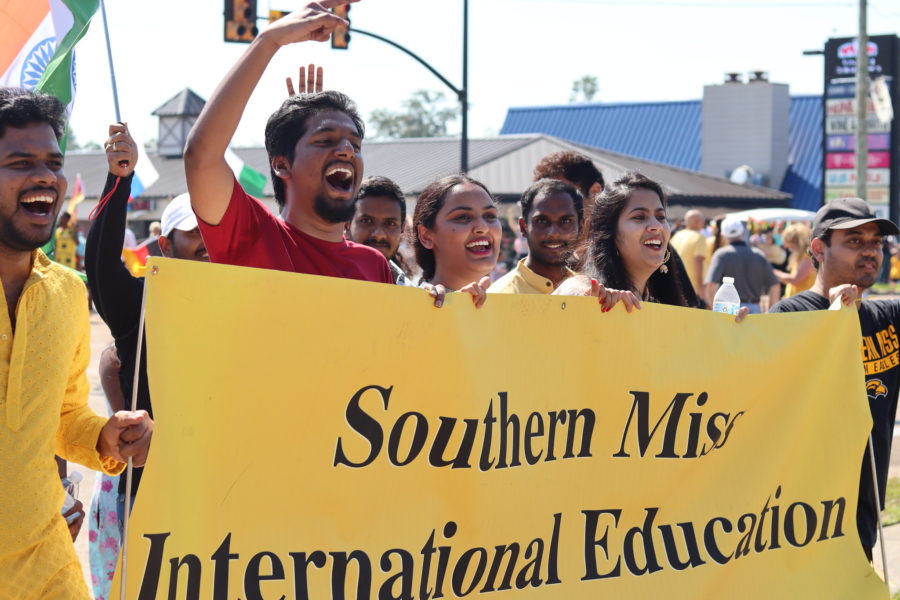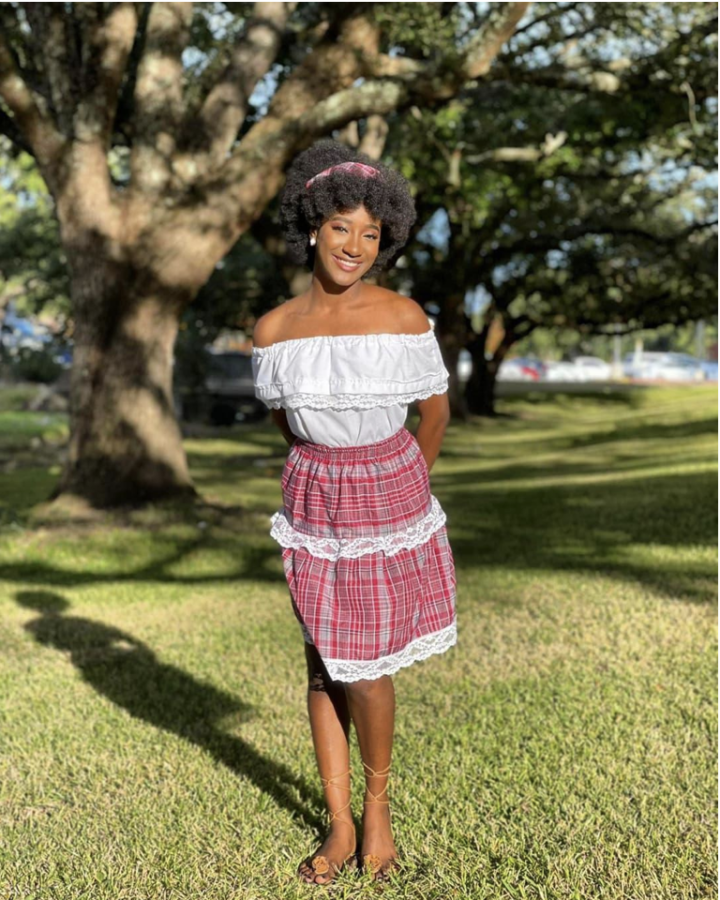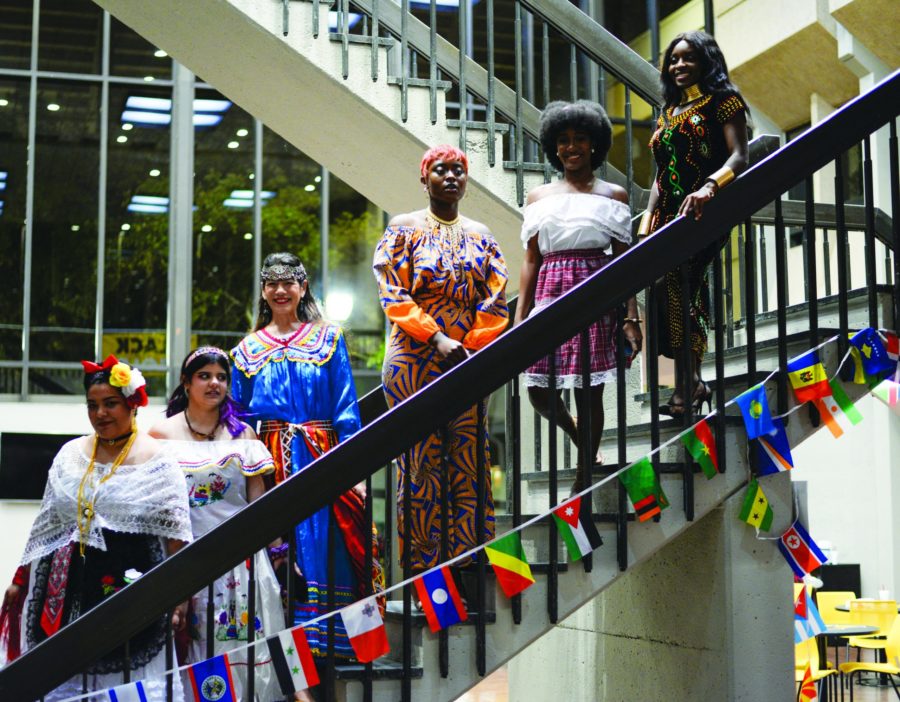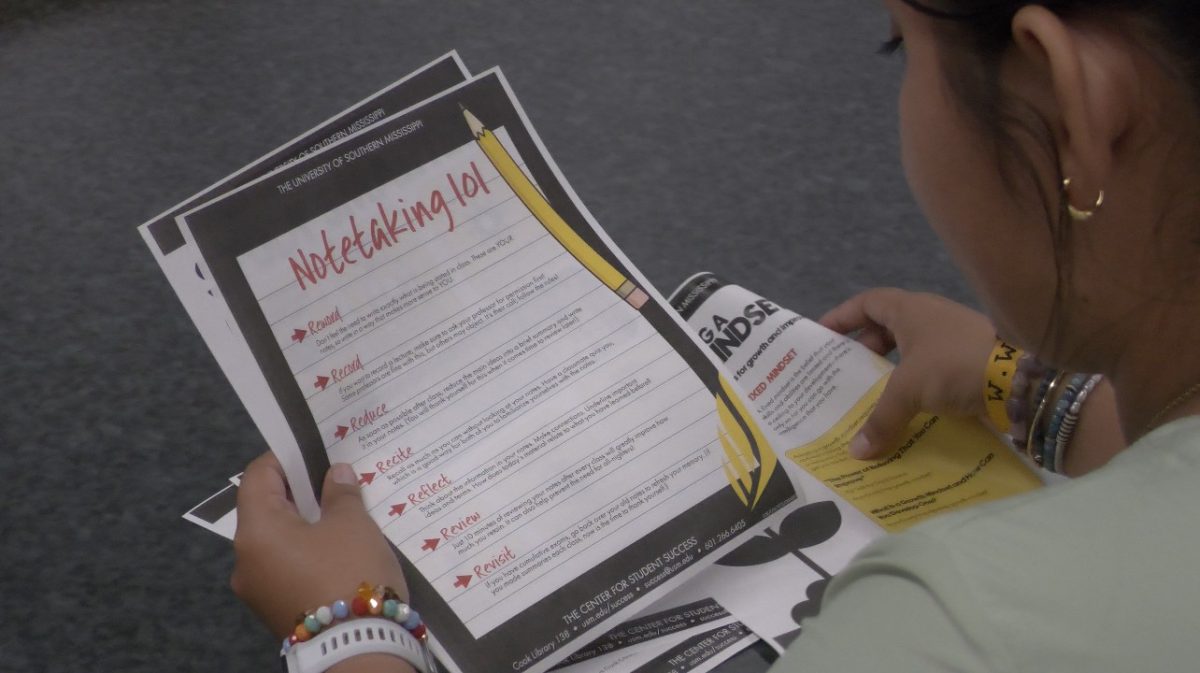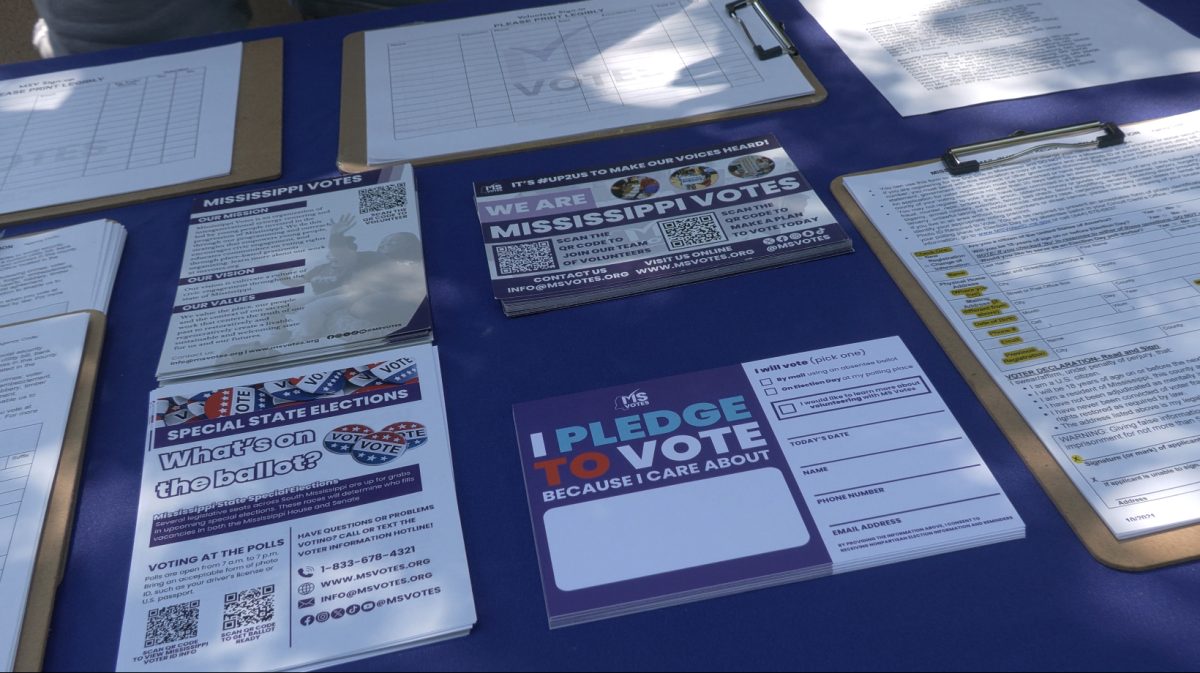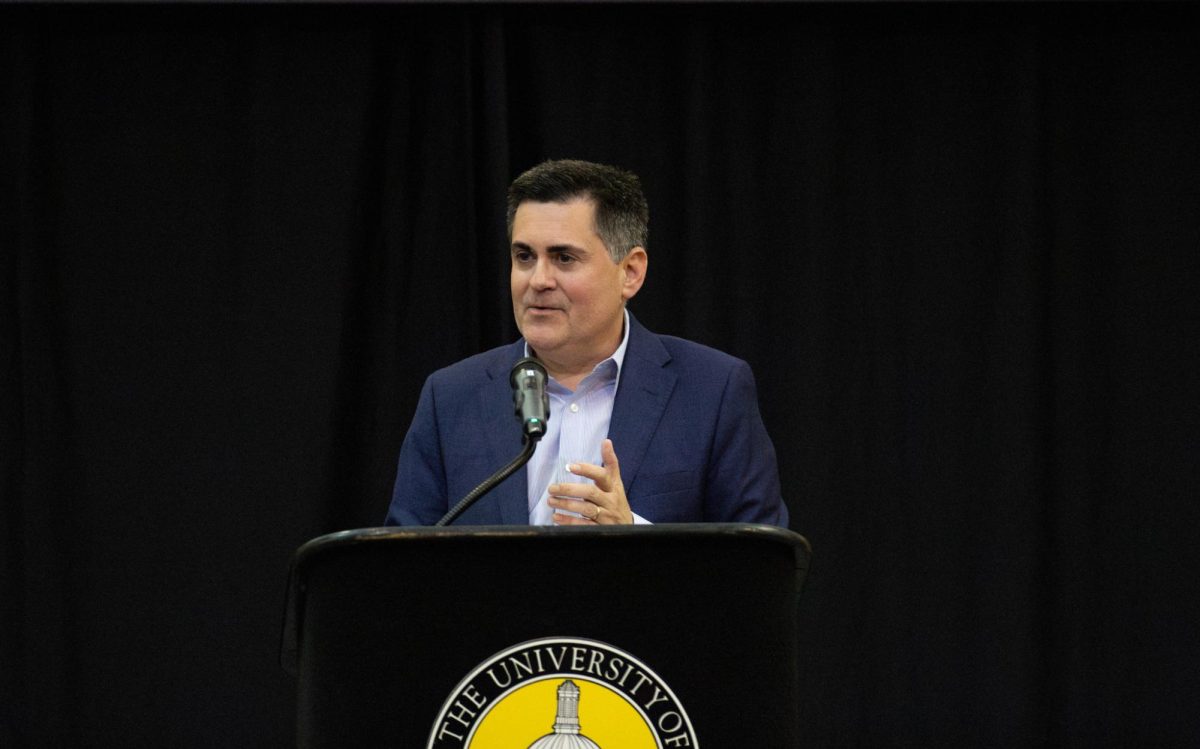In many ways, Aaditya Kharel is a typical 19-year-old college student.
He is an intelligent, unassuming guy who loves to learn. When he is not studying or working, Kharel likes to hang out with friends, sing and play guitar. He is in his sophomore year of studying computer engineering technology, but Kharel, like many college students, is uncertain of what he wants to do after graduation.
Kharel’s story is different than most students’ at The University of Southern Mississippi. Last year, he left his home and traveled thousands of miles from everything he had ever known to study at Southern Miss.
Kharel grew up in the capital city of Kathmandu, Nepal, where his parents operated their remittance business. Kharel was the youngest of four children, and he remembers his childhood as a care-free, happy time filled with school, fun and friends. Kharel still talks to his family every
chance he gets.
“I had never been away from my home until last year, and it was kind of hard for me to get settled,” Kharel said. “I had difficulty adjusting to the place and getting happy with where I am. I used to miss my home a lot in the first few months, and that was a struggle. It took me maybe almost a semester to get away from that homesickness.”
Kharel’s experience is like that of many international students who seek opportunity at Southern Miss. Currently, there are more than 500 international students studying as undergraduates at Southern Miss, and an increasingly large portion of these students have been coming from Nepal.
Pradip Bastola is a 31-year-old graduate student who has been at Southern Miss for more than four years. When Bastola first arrived, there was not one undergraduate from Nepal whom he knew of. Now, four years later, he said he knows of up to 100 Nepalese undergraduates at Southern Miss. This is no coincidence.
Bastola has been helping many Nepaleses students, including Kharel, get established in the U.S. so they can attend Southern Miss.
“I help them in different ways,” Bastola said. “They contacted me for housing and booking the apartments. I think I booked apartments for 80 or 90 percent of the students. Because I am one of the senior-most graduate students, everyone trusts me, so they contact me from Facebook or email from Nepal.”
Kharel remembers the kindness Bastola showed him upon arrival, and he now tries to do the same for new Nepalese students. “We are always grateful for what he did for us,” Kharel said. “Remembering that, I always want to help the newcomers. I don’t own a vehicle, but Pradip always gives access to his car. Using his car, I have helped a lot of people get to Walmart to get their shopping done.”
Kharel has even begun working part-time at the International Center to further help international students.
“Feels like I am working at my home,” Kharel said. “The International Center was already my home as soon as I came here. I was picked up by one of the staff there, and so it was already a second home for me.”
Nishchal Sapkota, 19, is a freshman computer science major that arrived from Nepal in July and has been receiving guidance from Kharel and Bastola.
“They have been helping with every stuff,” Sapkota said. “We got to Hattiesburg with an empty apartment. [Kharel and Bastola] guided us and helped us through this initial phase. If they were not here, I do not know what we would have been. Maybe depressed in a corner and maybe asked to go back to my country.”
Kharel said he is happy that he is able to help new students that are facing the same problems he struggled with.
“Being an international student, I know what kinds of problems they are facing in the initial phase,”Kharel said. “International students are always wanting the American experience and make American friends, getting along with friends and the culture. It was a really pleasant experience to see them here on campus and see them enjoying the campus.”
As for the future, Kharel hopes to get his doctorate degree before deciding on his next step.
“I do want to go back to my country, but I got my education here,” Kharel said. “I would definitely look forward to the opportunity to work here in the U.S., maybe to develop myself and meet my personal goals. I think if I were to study here and then work here, I would have more opportunity to learn more and excel, but that definitely does not mean I don’t want to go home to my country and work.”

























